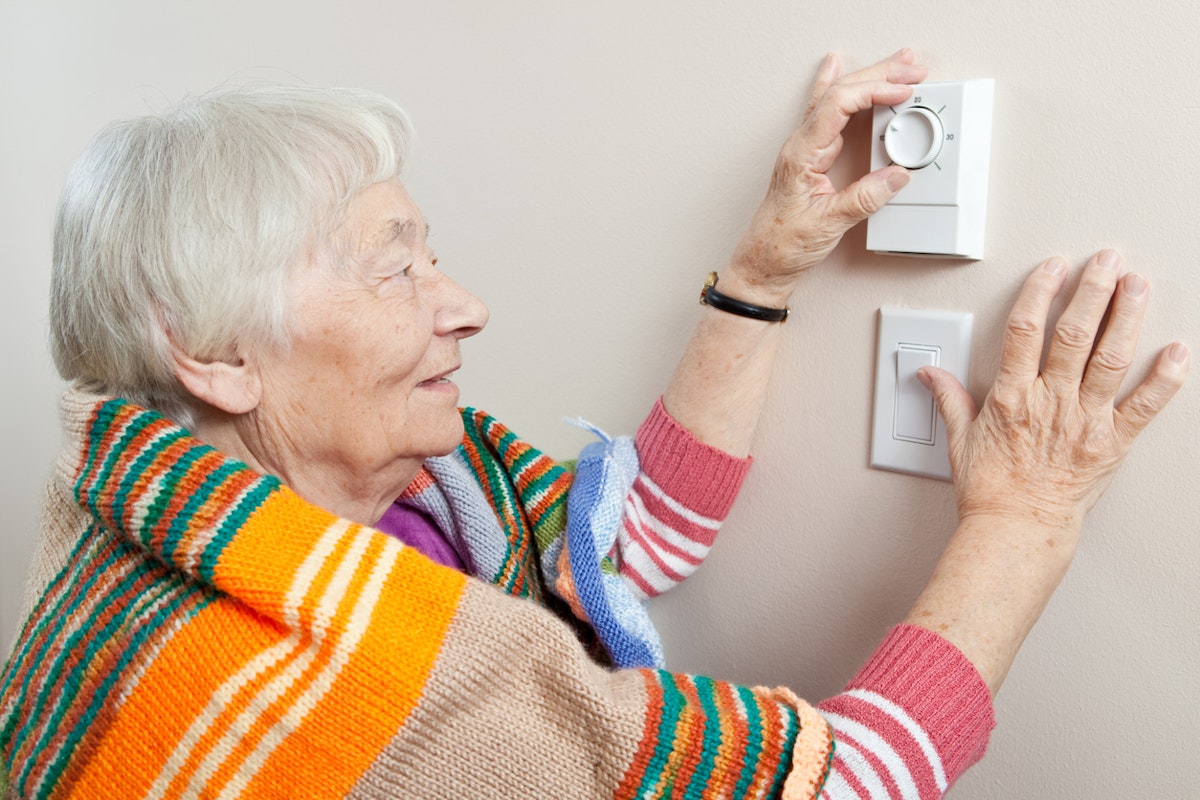The big picture: Private rental properties in Ipswich are lagging behind social housing in energy efficiency, with the average rating equivalent to band D. This means many tenants are likely facing higher energy bills due to poor home insulation and heating systems.

By the numbers: Every property in Britain receives an Energy Performance Certificate (EPC) when sold or rented, graded from A (most efficient) to G (least efficient). These ratings show how well homes preserve energy and indicate likely energy costs and carbon emissions.
In Ipswich:
50% of private rental properties rated C or above
76% of social rented properties achieved band C or better
36% of privately owned homes reached the C standard
68 is the average rating across all Ipswich properties (band D)
The East of England average is slightly higher at 69
Why it matters: Poor energy efficiency leads to higher bills and can affect public health. Mike Childs from Friends of the Earth says cold homes "cost the UK tens of billions of pounds each year in NHS costs and reduced productivity due to ill health."
What's happening: The government has confirmed landlords must upgrade all rental properties to at least an EPC rating of C by 2030. Currently, they only need to meet band E standards.
What they're saying: Peter Smith, director of policy at fuel poverty charity National Energy Action, says many households have struggled during the energy crisis because of poor energy efficiency: "For households on the lowest incomes, having to spend more on simply staying warm is having a huge impact."
The government's response: A spokesperson for the Department for Energy Security and Net Zero says their Warm Homes Plan will "transform homes across the country by making them cheaper and cleaner to run, rolling out upgrades from new insulation to solar and heat pumps."
The bottom line: The government promises its upcoming Warm Homes Plan will help transform properties across the country, with support planned for low-income homeowners and private tenants. Meanwhile, local landlords must plan to meet new energy efficiency targets by 2030.







